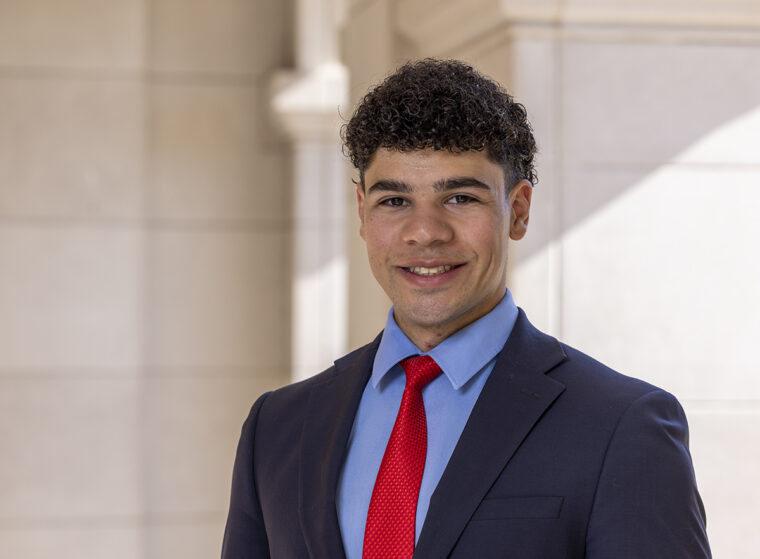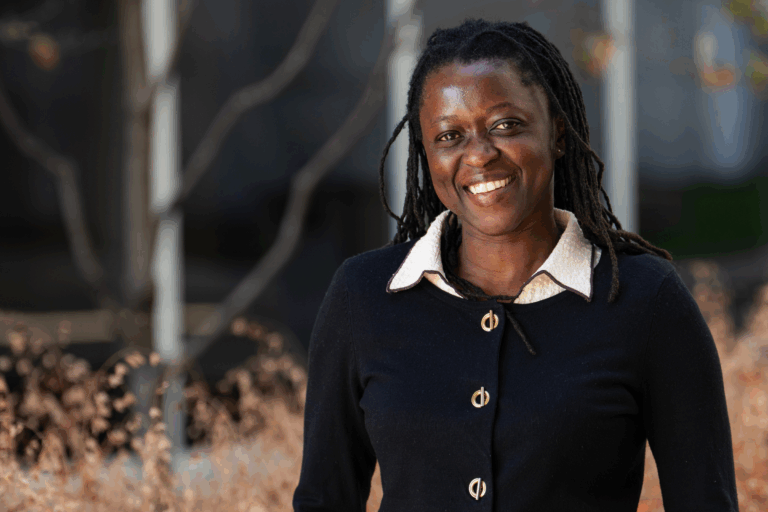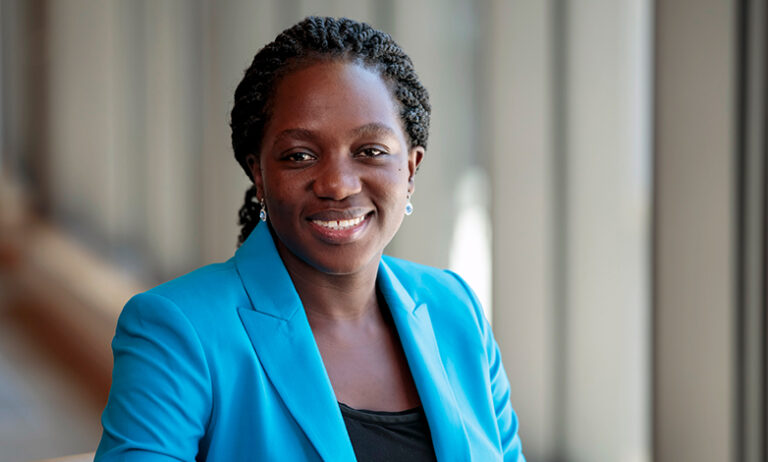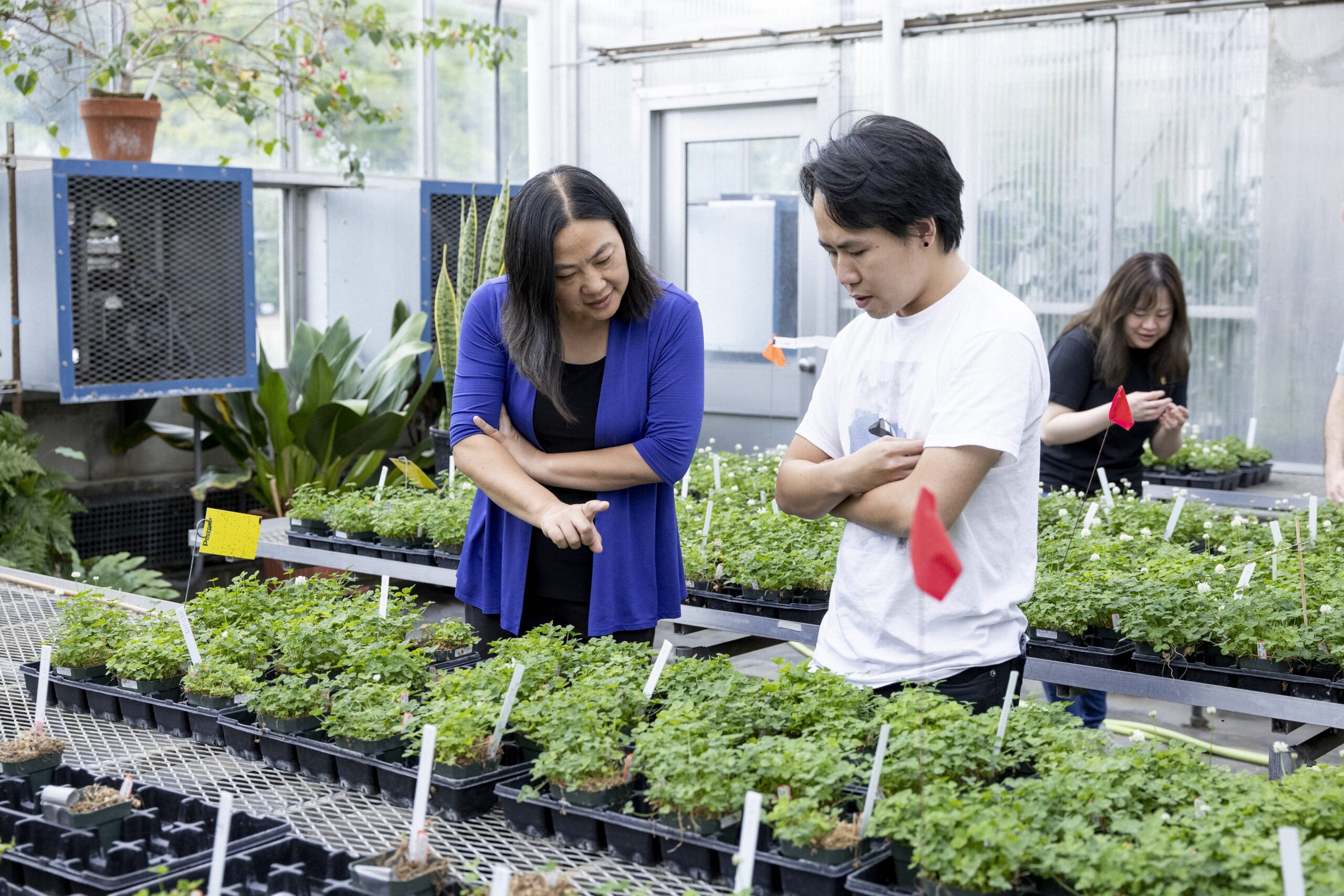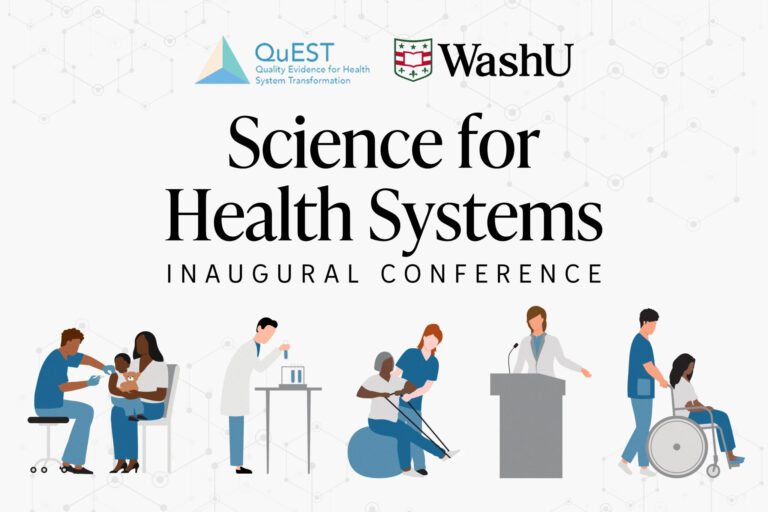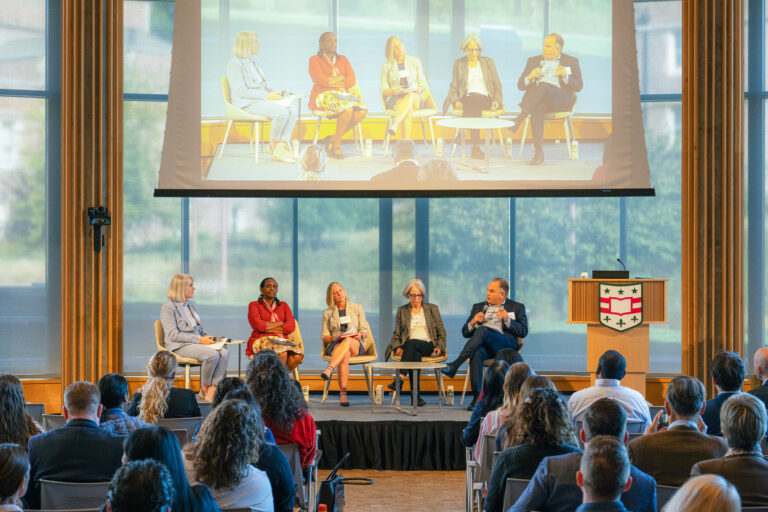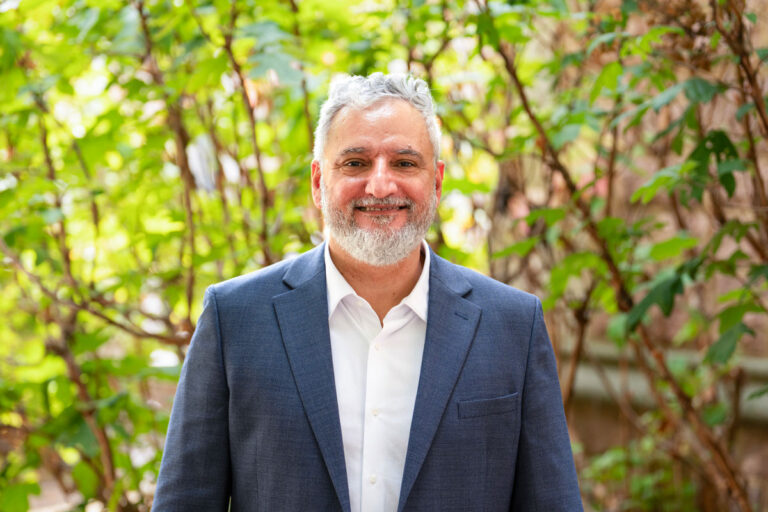How Omar Abdelmoity claimed the Marshall Scholarship
Less than 48 hours after he learned he would not be a Rhodes Scholar, WashU senior Omar Abdelmoity hopped on a plane to interview for the equally prestigious — yet somehow more elusive — Marshall Scholarship.
Seniors Abdelmoity, Karinshak were Rhodes Scholars finalists
Washington University in St. Louis seniors Omar Abdelmoity and Marilee Karinshak were finalists for the Rhodes Scholarship, one of the globe’s highest academic honors.
A new angle of study for unveiling black hole secrets
The balloon-borne telescope XL-Calibur was launched on a six-day flight from the Swedish Space Corporation’s Esrange Space Center in July 2024. During that flight, the telescope took measurements from the black hole Cygnus X-1, located about 7,000 light-years away. WashU researchers will use those results to improve computer models for simulating and uncovering further mysteries of black holes.
A conversation with pediatric HIV researcher Massy Mutumba
Growing up in a world saturated by fear of HIV and AIDS, WashU Public Health’s Massy Mutumba developed a commitment to help her country fight the HIV epidemic.
Researcher wins $5M NIH grant to improve mental health care for HIV patients
Proscovia Nabunya, an associate professor at the Brown School, has received a $5 million federal grant from the National Institute of Mental Health, part of the National Institutes of Health (NIH), to streamline mental health treatment and HIV medication support for adolescents living with HIV in rural Uganda.
Zhong wins several major research grants
Xuehua Zhong, a professor of biology and the Dean’s Distinguished Professorial Scholar, has received several major federal grants to advance her pioneering work in plant epigenetics, the molecular processes that regulate gene expression without altering DNA.
Science for Health Systems Inaugural Conference
The Science for Health Systems Conference is a global forum to share new research on the measurement and improvement of health system performance. This inaugural conference brought together researchers, policymakers, and implementers from multiple disciplines and regions of the world to share health system research methods and findings to maximize impact on health. In all, 31 countries were represented at the conference.
2025 Global Incubator Seed Grants awarded
A total of 20 projects won Global Incubator Seed Grants this month, allowing them to kickstart new research examining a whole host of issues, from the cyber defense of medical devices to the impacts of affordable housing on physical activity and health in Brazil.
Food futures forum tackles problem of transforming global food systems
The global food systems that keep more than 8 billion people fed come at a huge cost to public health and the environment in terms of climate change, wasteful and unsustainable production practices, and diseases of overnutrition, undernutrition and malnutrition. These costs will only rise as the global population continues to grow. To ensure that nourishing food is accessible and available to all while staying within planetary limits, the world must transform how food is produced, distributed and consumed.
Public Health People: A conversation with Professor Rodrigo Reis
Rodrigo Siqueira Reis was running in a park in Curitiba, Brazil, on a weekend morning when he realized he had spent years approaching health backward. Around him, people were playing pickup soccer, jogging, and walking. They were simply living in a space that made movement natural, joyful, and free.
